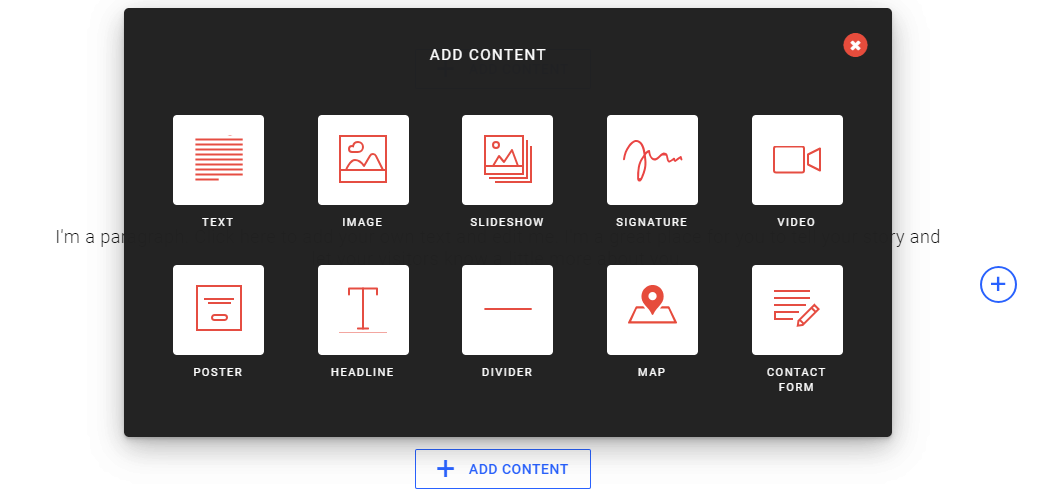
Typical features of application building software include a graphical user interface with drag & drop functionalities, customisable templates for code-free programming, workflow management, and third-party integrations. Some such tools offer complete control over their deployment and the tools they incorporate. App making software can benefit businesses by enabling them to put their own stamp on their apps, and helping to publish them on a variety of platforms. They can also track engagement, development progress, conversion rates, and user activity, thanks to built-in reports. They can do so via custom, no-code apps that run on mobile devices, game consoles, smart TVs, smartwatches, and other devices. With these tools, they can design software that facilitate food ordering, appointment scheduling, push notifications, mobile shopping carts, and data entry.

App building programs are used by businesses of every type and size, including estate agencies, marketing companies, gyms, casinos, restaurants, retailers, maintenance operations, educational institutions, insurance companies, investment firms, NGOs, and religious organisations.

From qualified app developers to the uninitiated, professionals with a broad range of skills and backgrounds in programming can use this type of software to generate, test, and deploy their apps via drag-and-drop templates, and even spreadsheet uploads. App Building Software are digital tools that enable organisations to design and code their own applications, either for in-house use or for open market distribution through app stores.


 0 kommentar(er)
0 kommentar(er)
